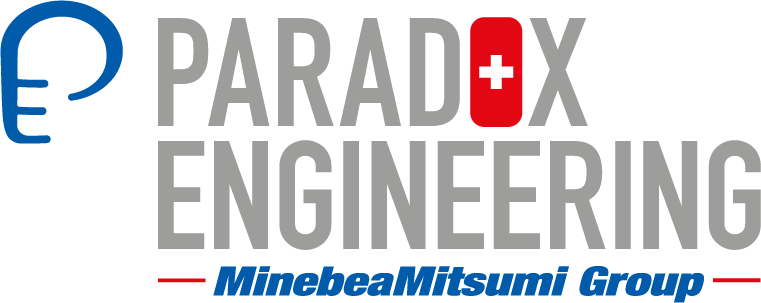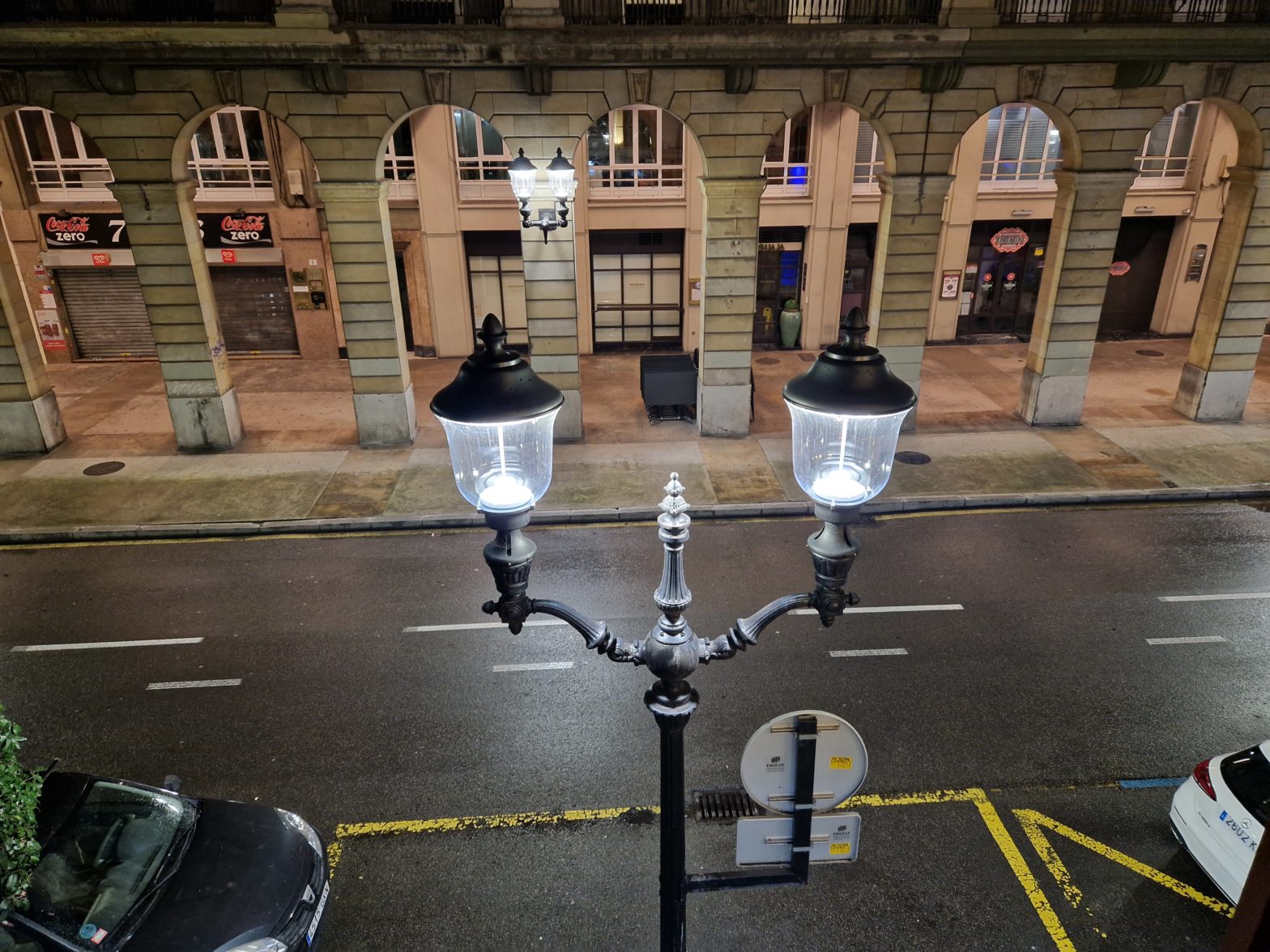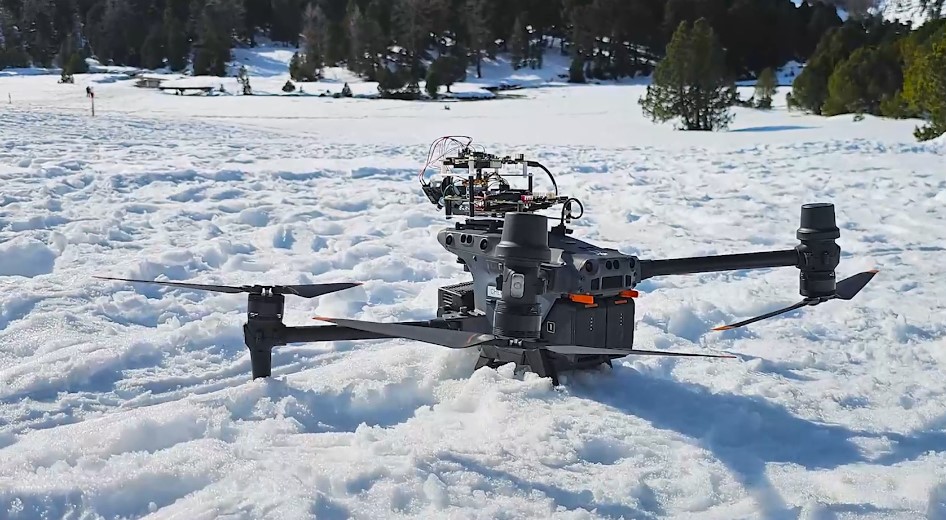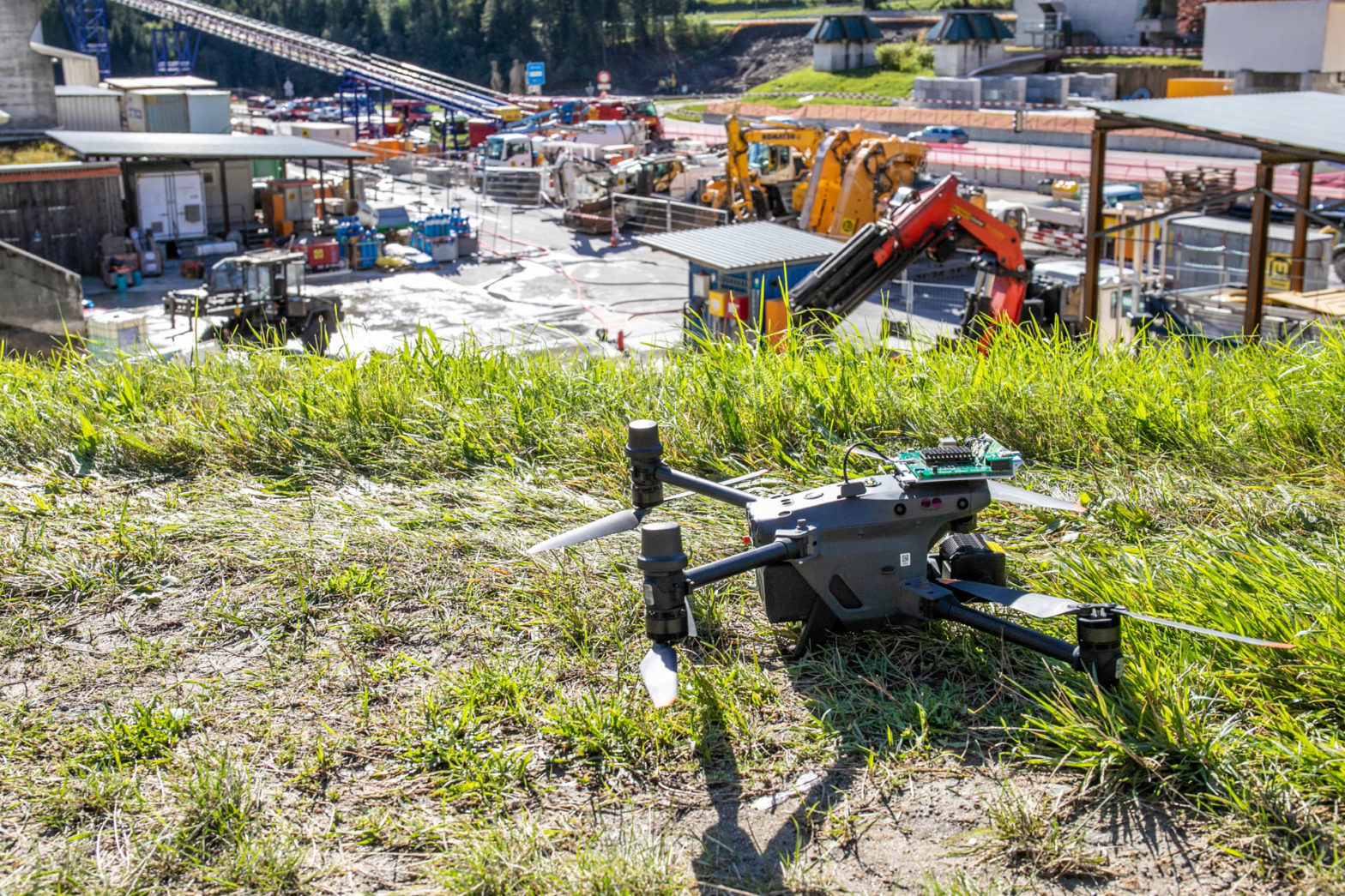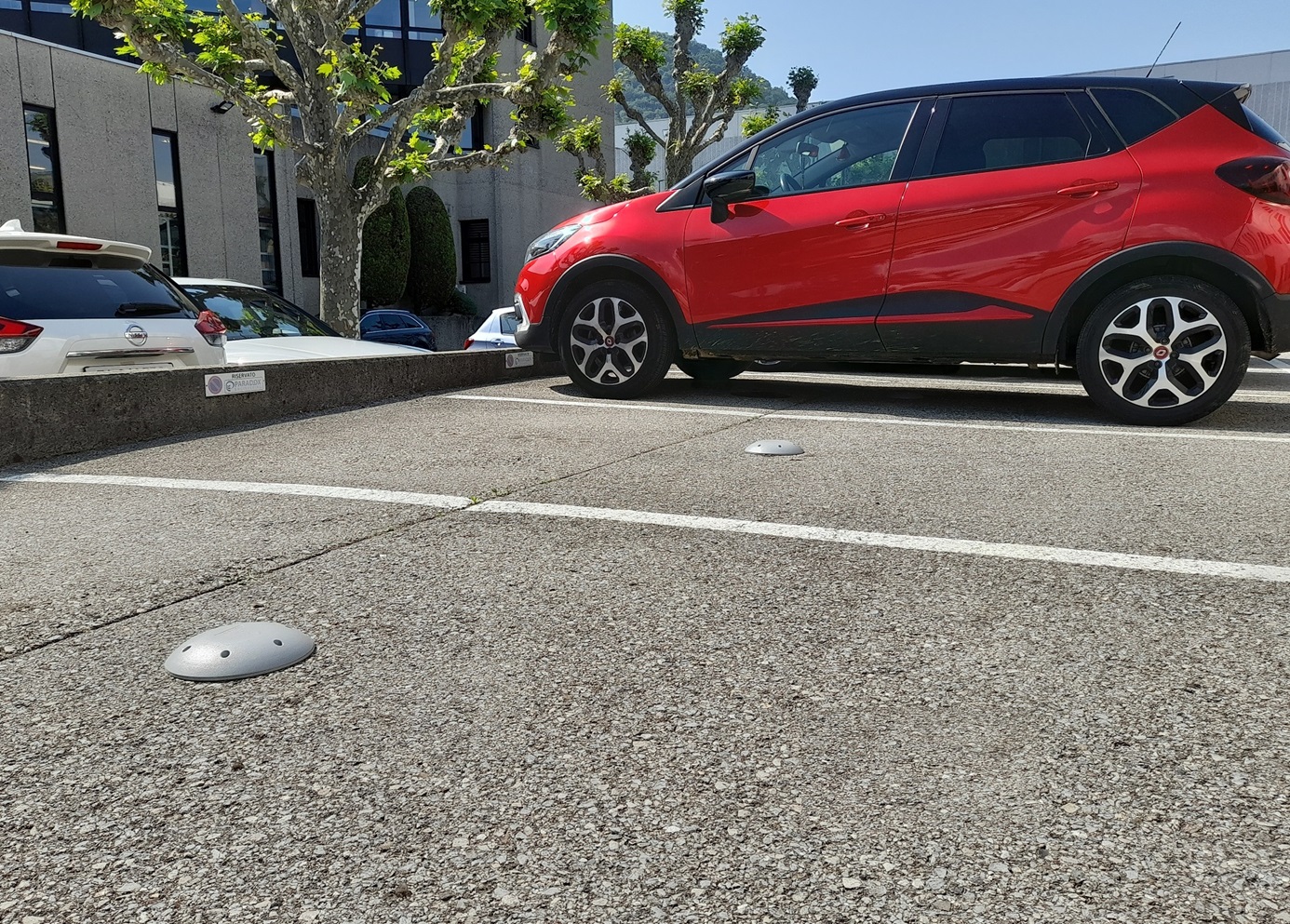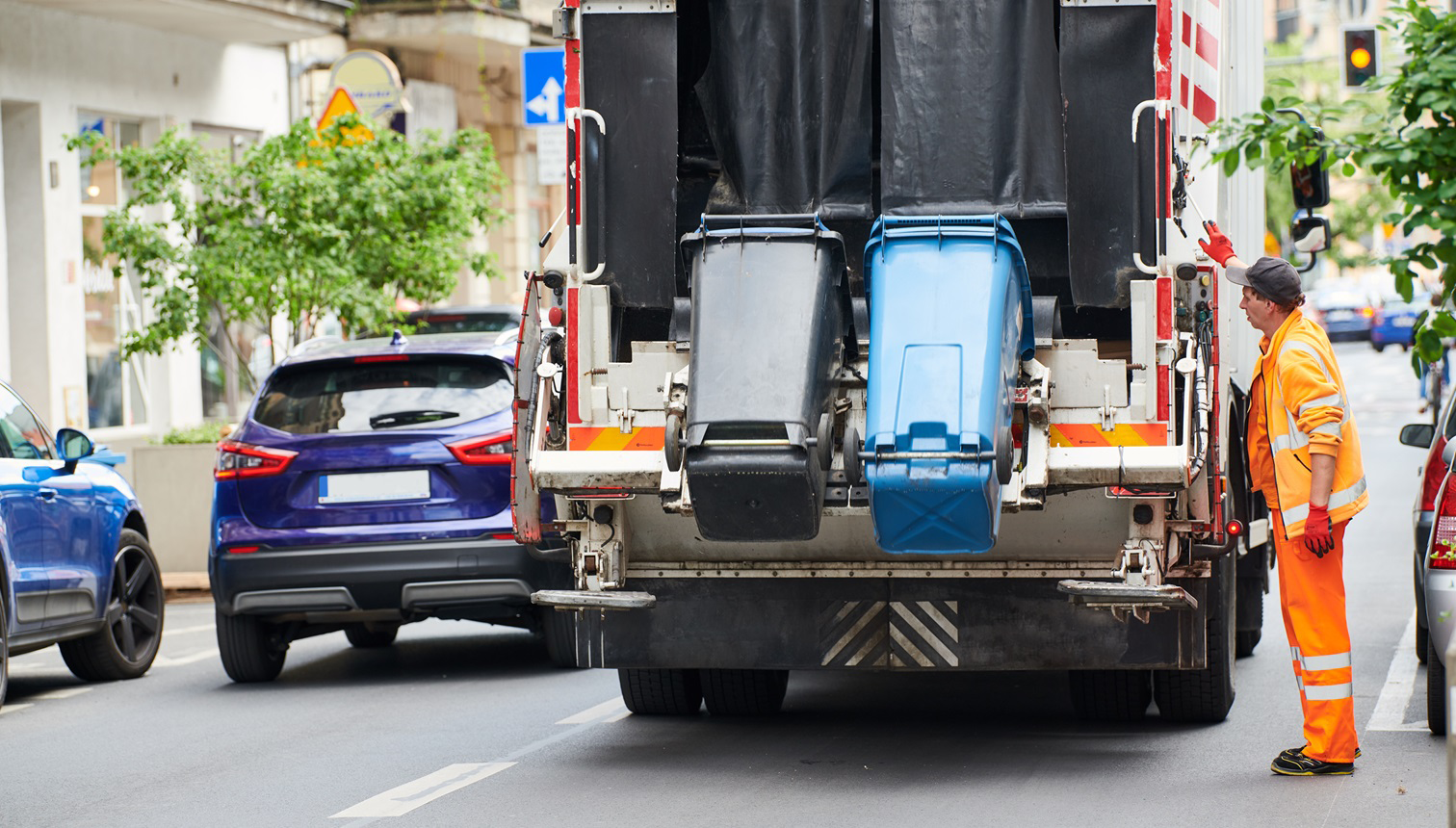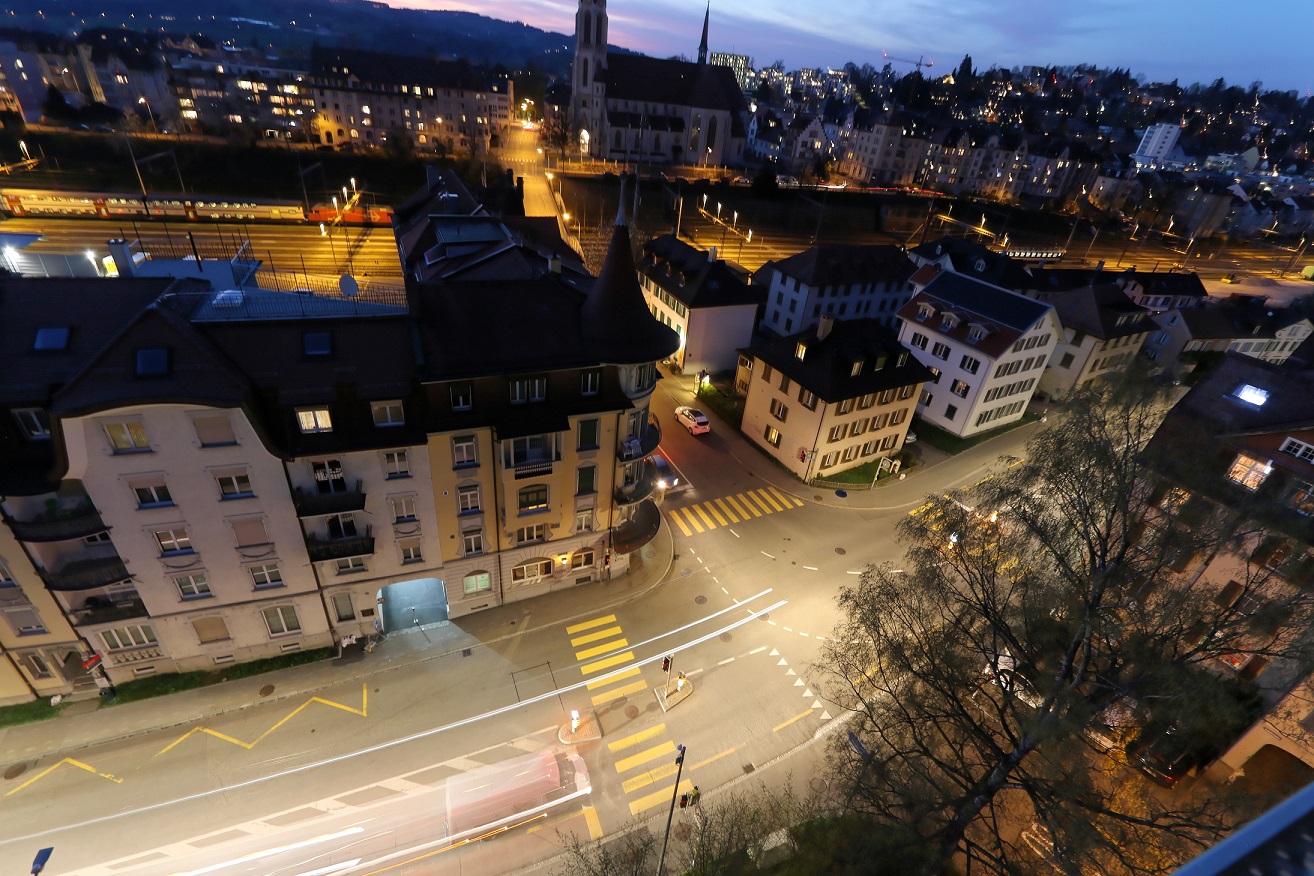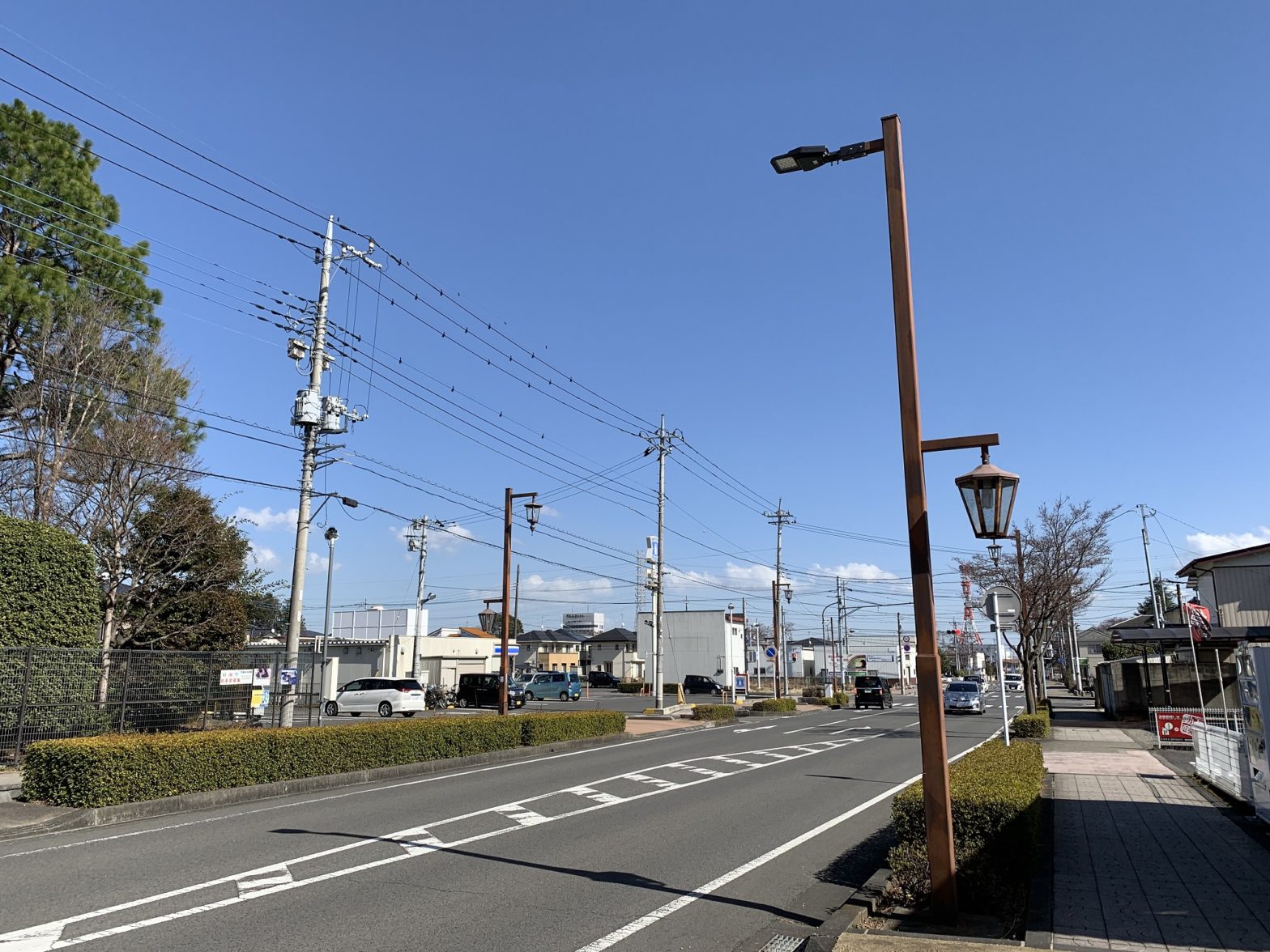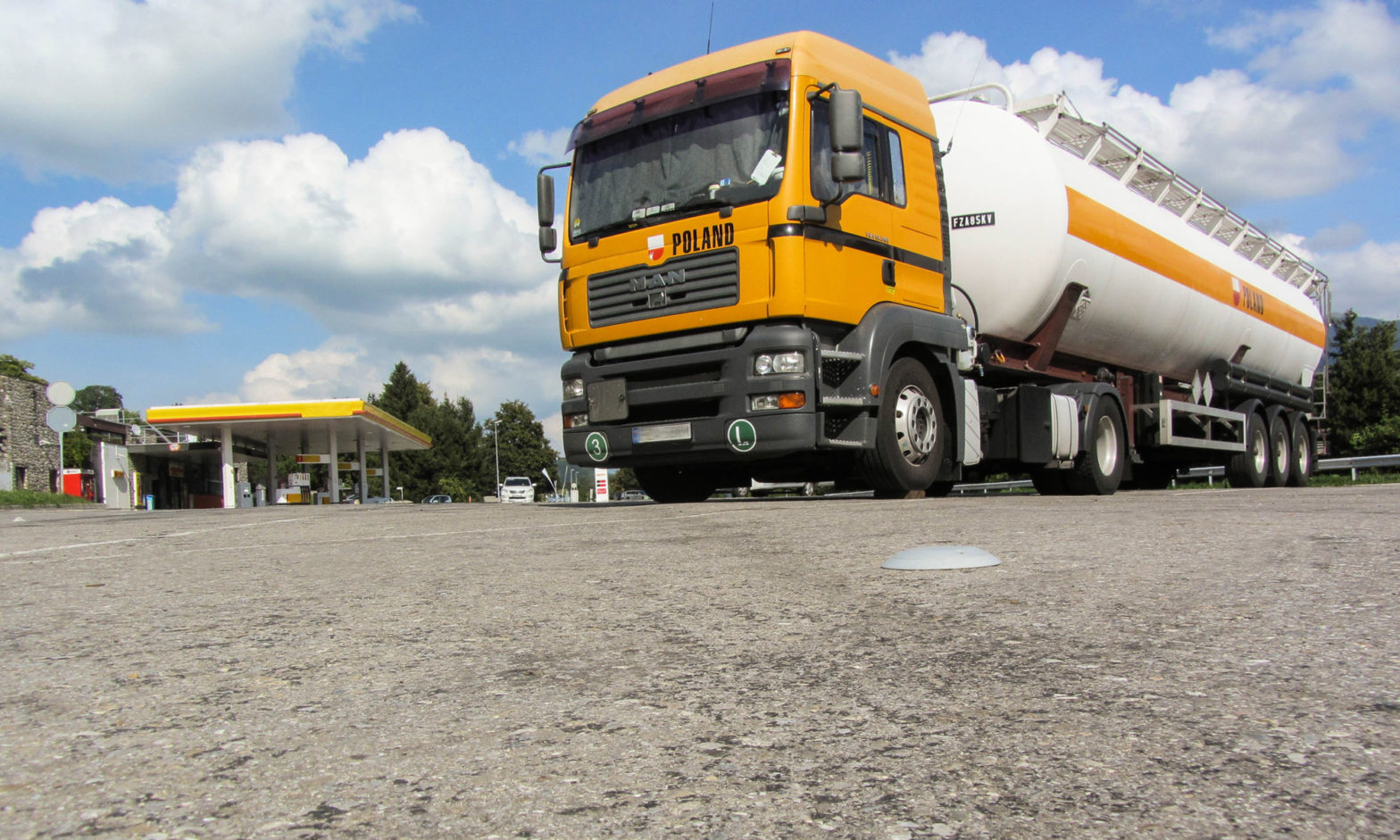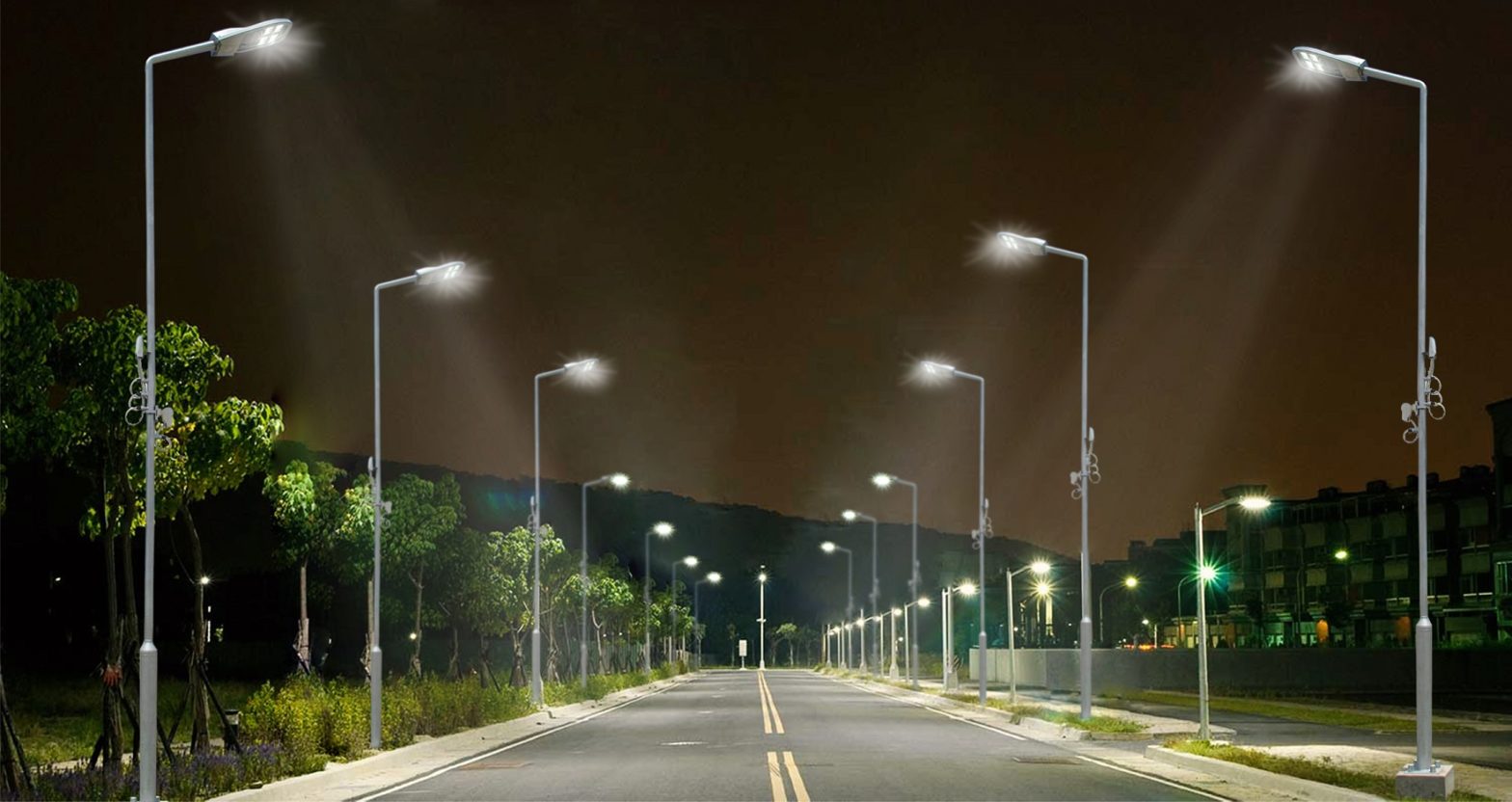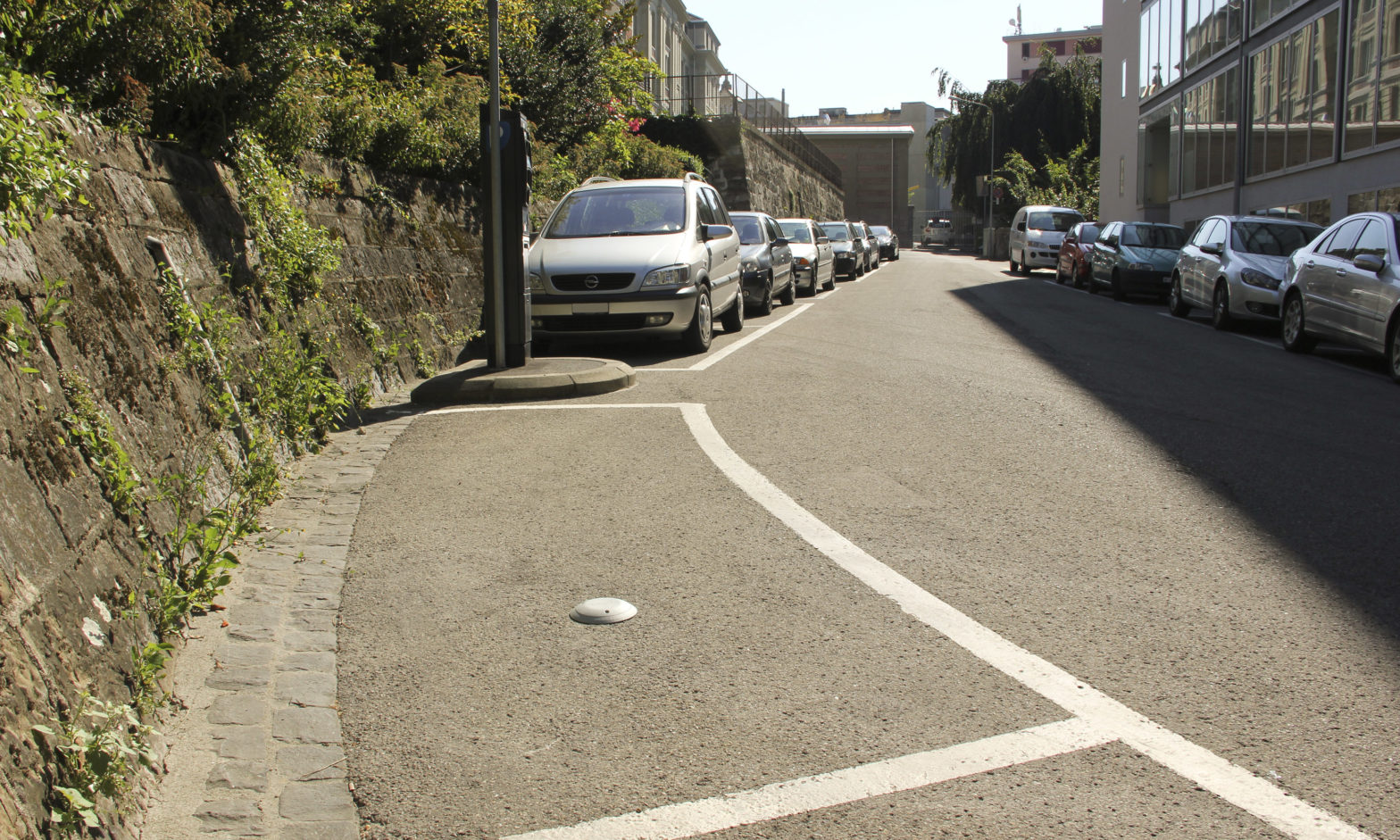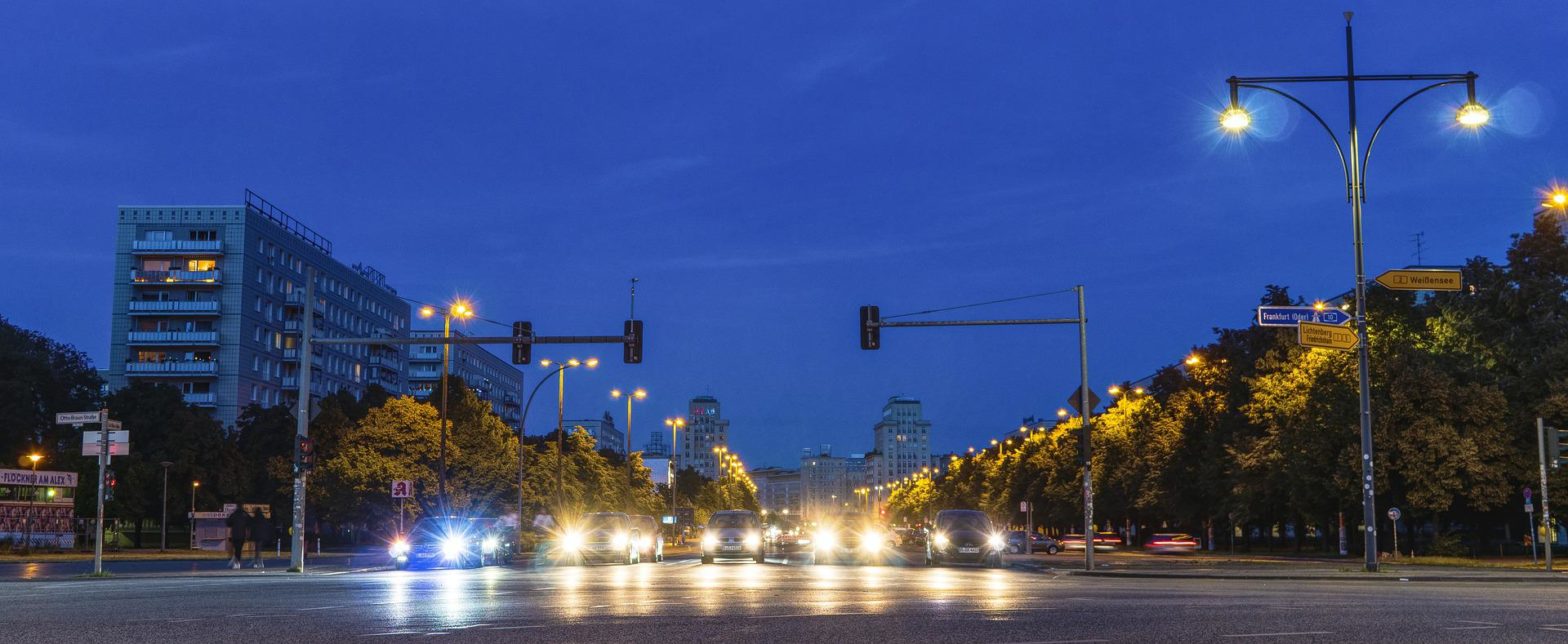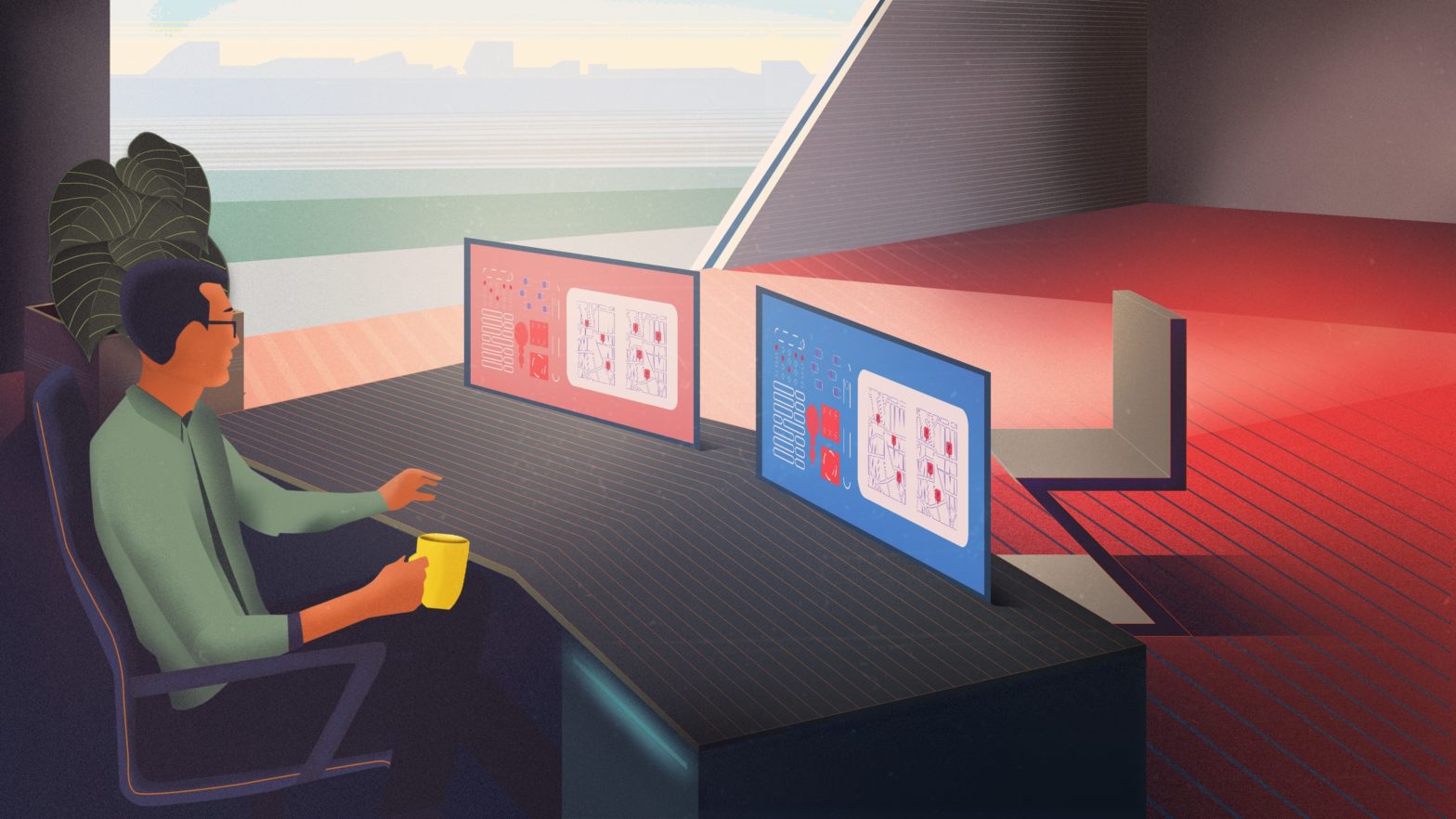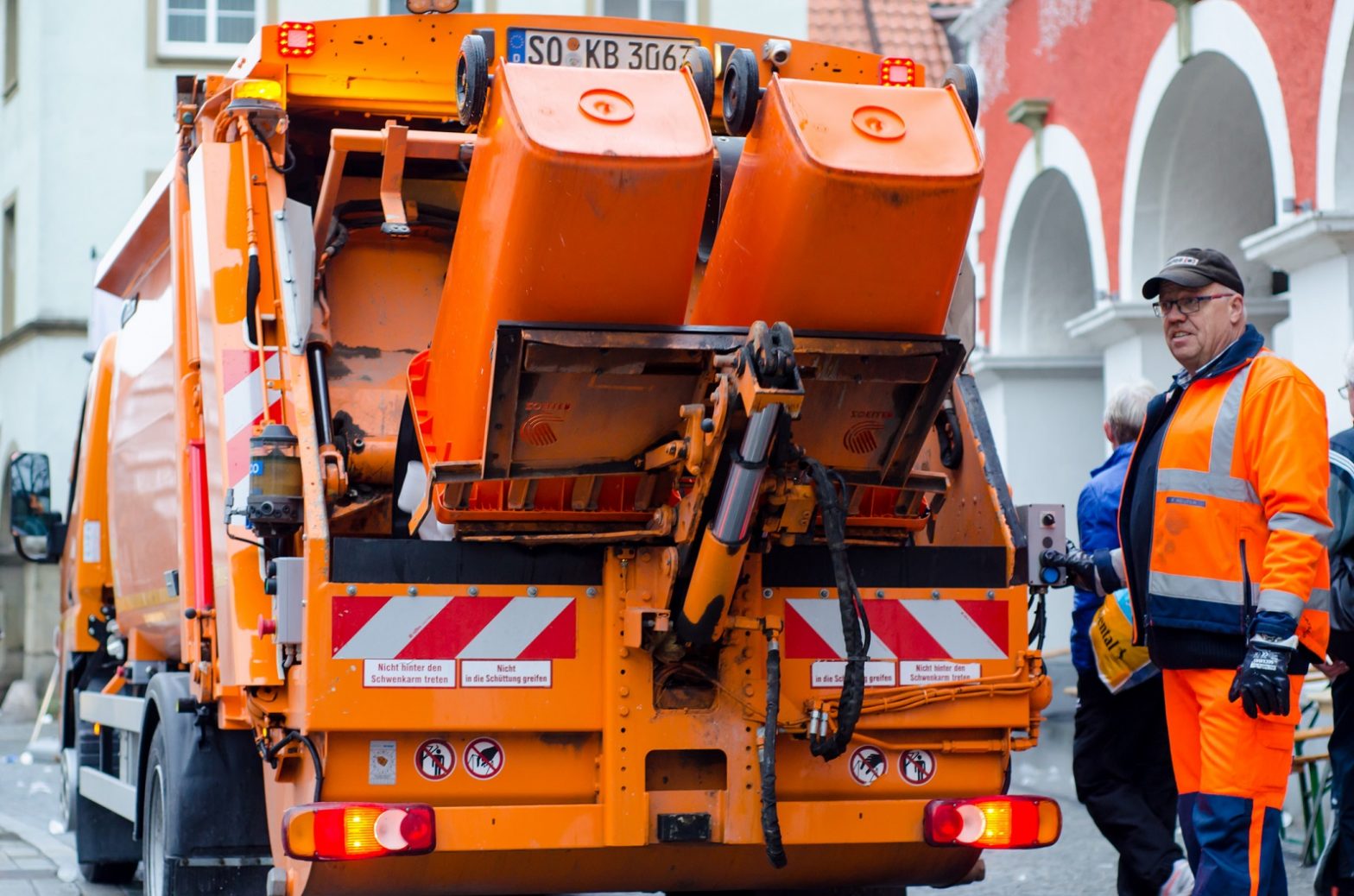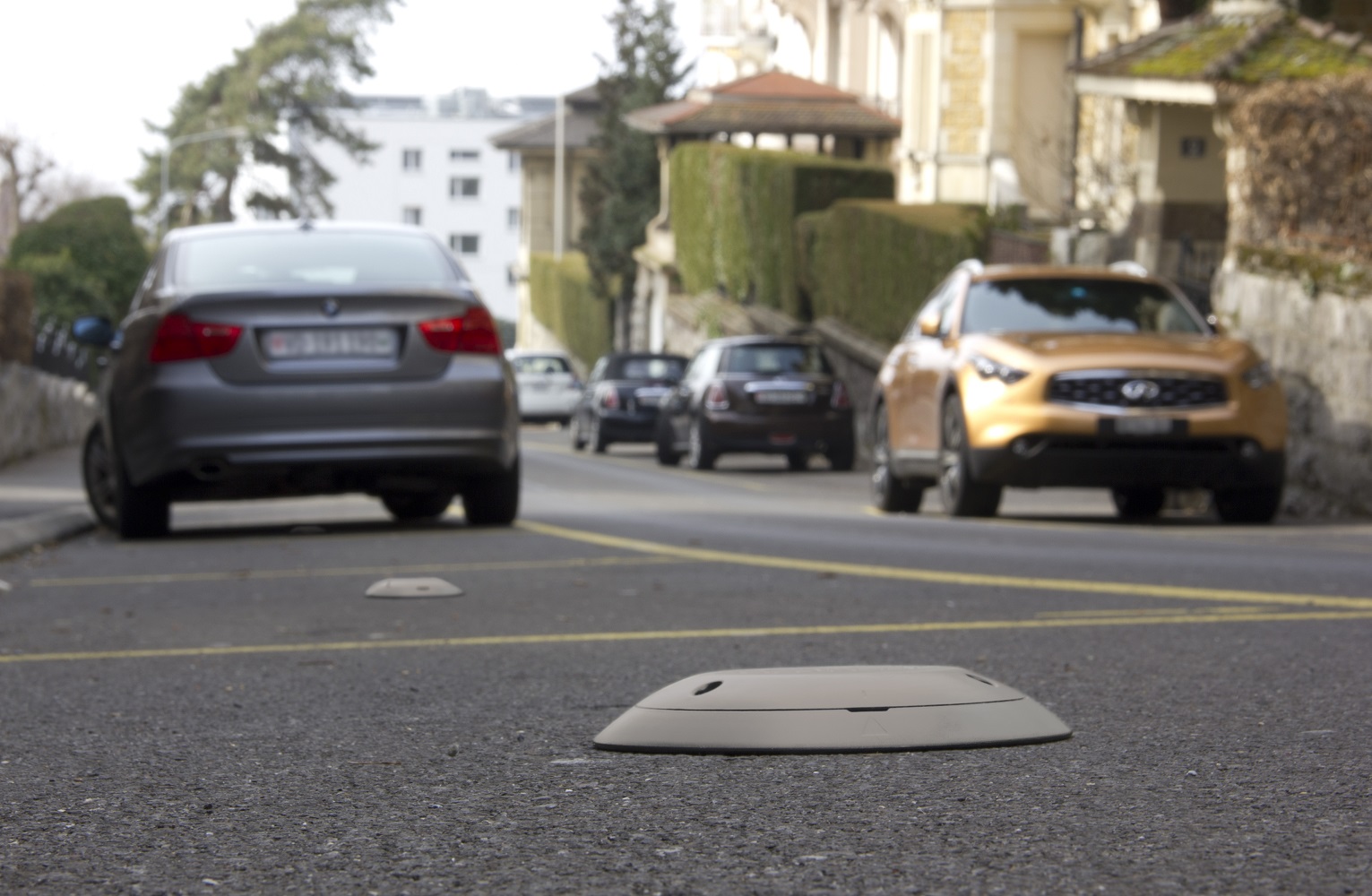
Machine learning will unlock new value from urban IoT platforms
17 May 2021
The world is increasingly complex and interconnected, generating more data traffic than ever before. A recent IDC report predicts that the number of connected Internet of Things (IoT) devices could reach almost 75 billion globally by 2025 and generate about 79.4 zettabytes of data. This huge amount of information contains an incredible value, but it must be stored, processed, analysed, and correlated to unlock its full potential.
Is human effort enough for this incredible task? Probably not. Artificial intelligence (AI) is increasingly being leveraged to make sense of such a large and growing amount of data, with more accurate and faster results than traditional computer programming.
While AI aims to enable computers to imitate human behaviours and cognitive processes, machine learning is the branch that specifically focuses on developing algorithms and applications that learn from data and automatically improve their accuracy over time through experience.
Machine learning can have a huge impact on smart cities and IoT networks, where many connected devices collect and share non-homogeneous data – a treasure trove to improve existing urban services and develop new smart applications.
“We have integrated the most recent machine learning techniques into our IoT platform components, leveraging them at different levels, from cloud to edge and IoT devices”, said Paolo Veronesi, software engineer at Paradox Engineering, the MinebeaMitsumi Group’s company specialising in IoT technologies for cities and other smart environments. “By enriching our solutions with a machine learning development framework, we allow these technologies to be used in multiple domains in a simple and transparent way”.
In action: Smart waste
Did you know that trash bins are generally emptied when they are only 40 percent full? This means municipal solid waste collection is economically inefficient and rarely effective. Paradox Engineering extended its flagship platform PE Smart Urban Network to include a ready-to-use Smart Waste application for cities to improve waste management.
Artificial intelligence and machine learning algorithms are being integrated to improve the solution’s performance further. The first step is to equip bins with Paradox Engineering-MinebeaMitsumi 6LoWPAN sensors to monitor data about the level of filling, date and time of latest waste collection, and the exact location.
“Thanks to machine learning techniques, we are evolving our system from a raw data collection platform to an actionable prediction solution,” explained Riccardo Biella, software engineer at Paradox Engineering. “The bin level prediction system receives data from filling sensors and processes them, providing an estimate of the date when the container will reach its capacity limit”.
This allows operators to dispatch trucks only when and where the bins are close to full, thus reducing the number of truck rolls and the mileage associated with them, which in turn decreases pollution and congestion. The bin filling level prediction system leverages a deep neural network that is trained on a dataset containing historical data from smart bins.
Always learning
More complex logic will soon be integrated to teach the bin to identify relevant points of interest nearby, such as supermarkets, stadiums, stations, or hospitals – and predict waste input based on variables such as people density, events, festivities, and more.
Continual learning techniques allow the model to continuously evolve combining new data and accumulated knowledge. This means that by analysing filling patterns, operators can also take data-driven decisions about the quantity, capacity and location of containers. Bins can be positioned to fit different urban scenarios and adapt within a few days to changing conditions, i.e. different residents’ habits or behaviours, such as the increase in packaging-related trash due to the rise of e-commerce and home deliveries during the pandemic.
Thanks to the PE Smart Urban Network and machine learning algorithms, cities can truly improve waste collection and management, enhancing liveability while protecting public health and the environment.
About Paradox Engineering
Paradox Engineering is a technology company that designs and markets Internet of Things solutions for open cities and other smart environments. Established in 2005 and headquartered in Switzerland, the company is the IoT Excellence Centre of MinebeaMitsumi Group, leading global provider of Electro Mechanics Solutions™, and controls Tinynode, which specialises in smart parking technologies.
For further information, please visit www.pdxeng.ch


